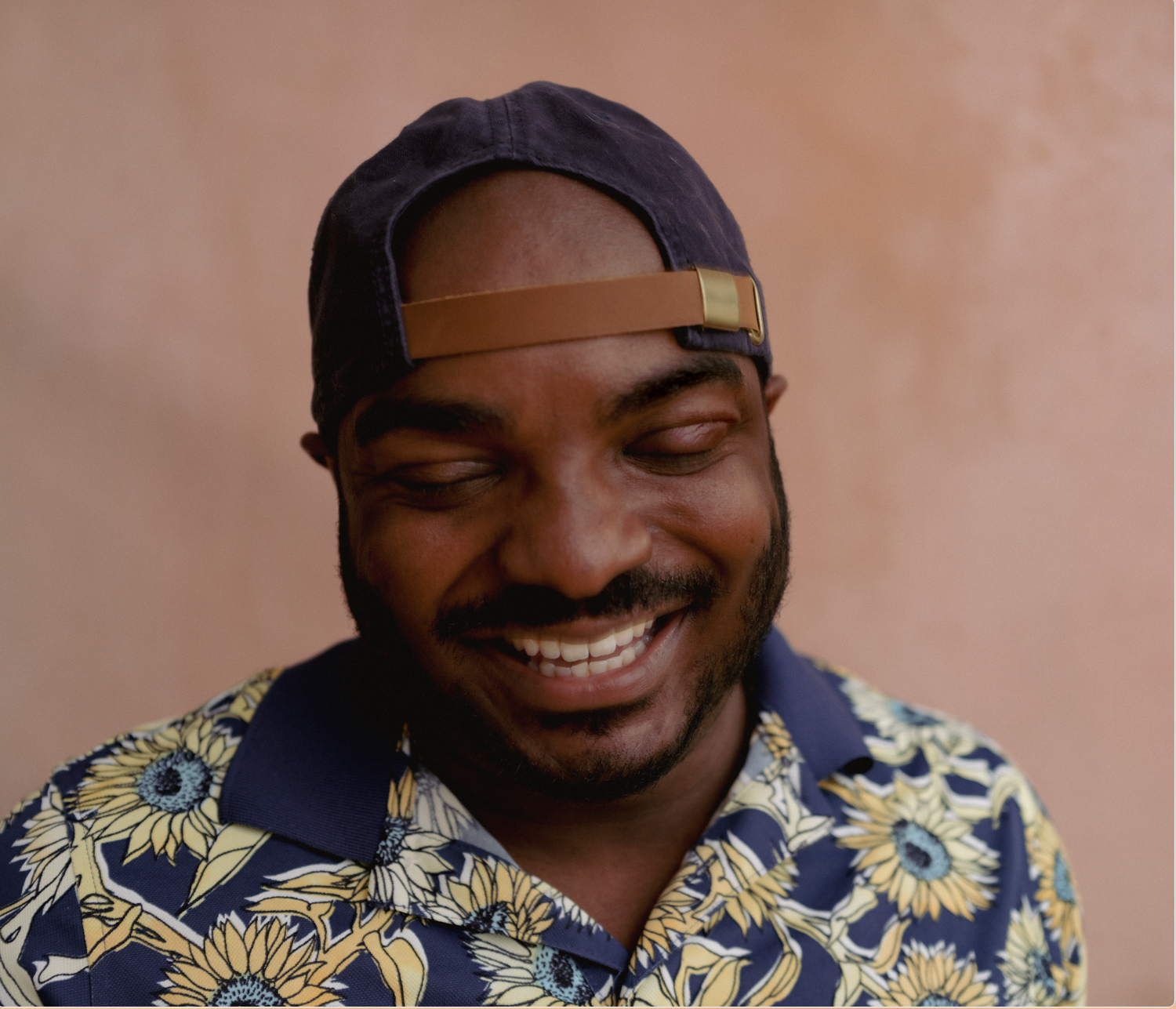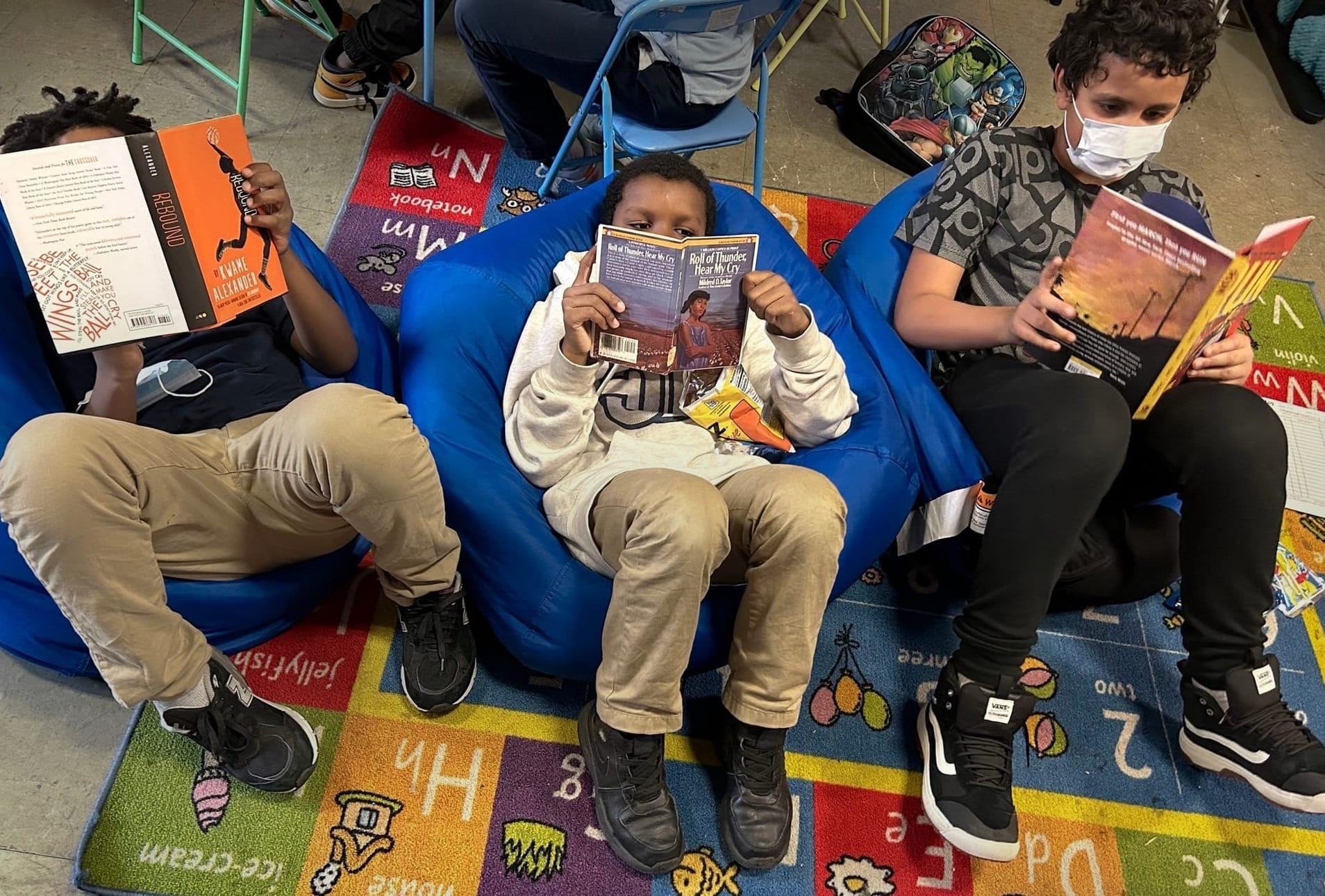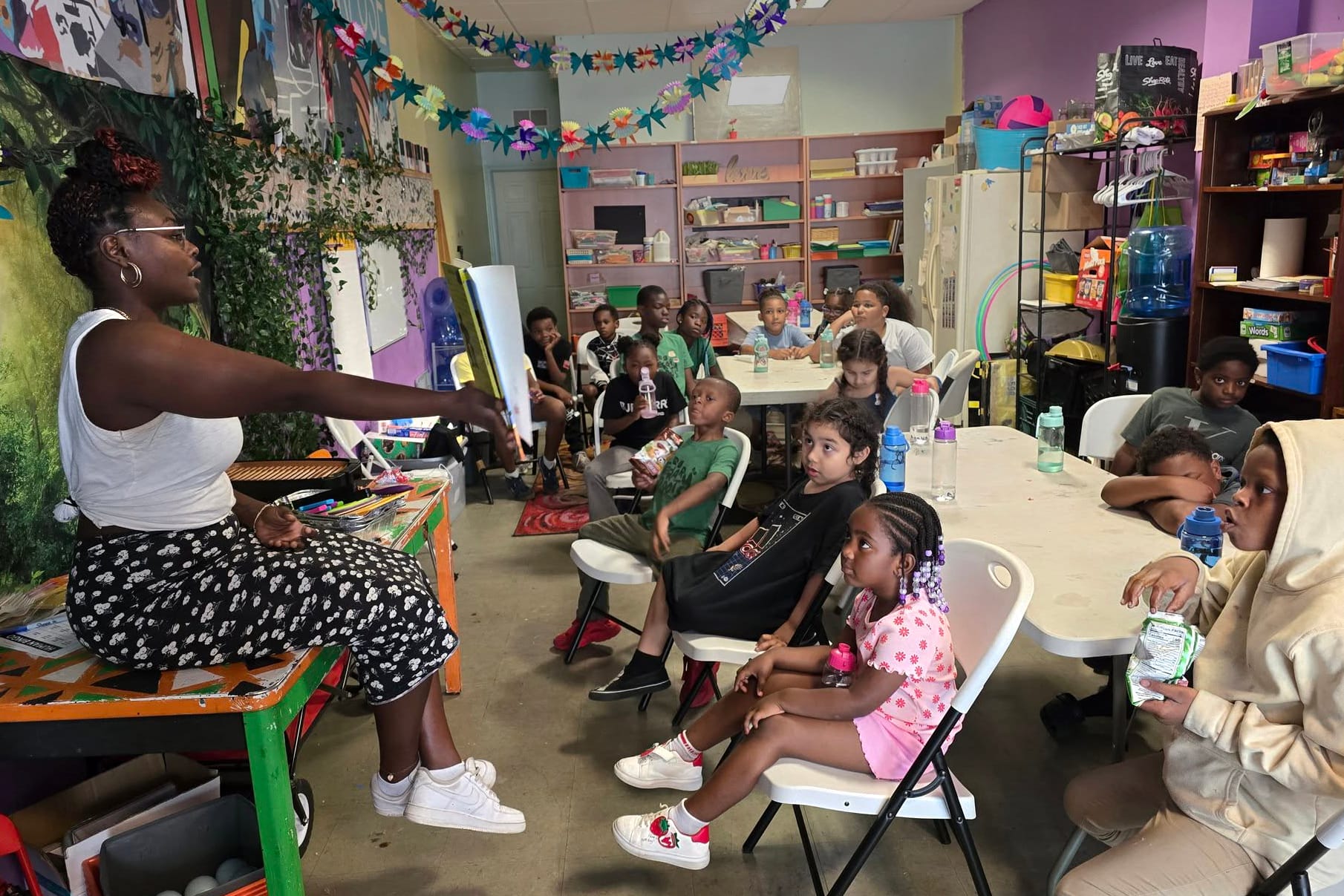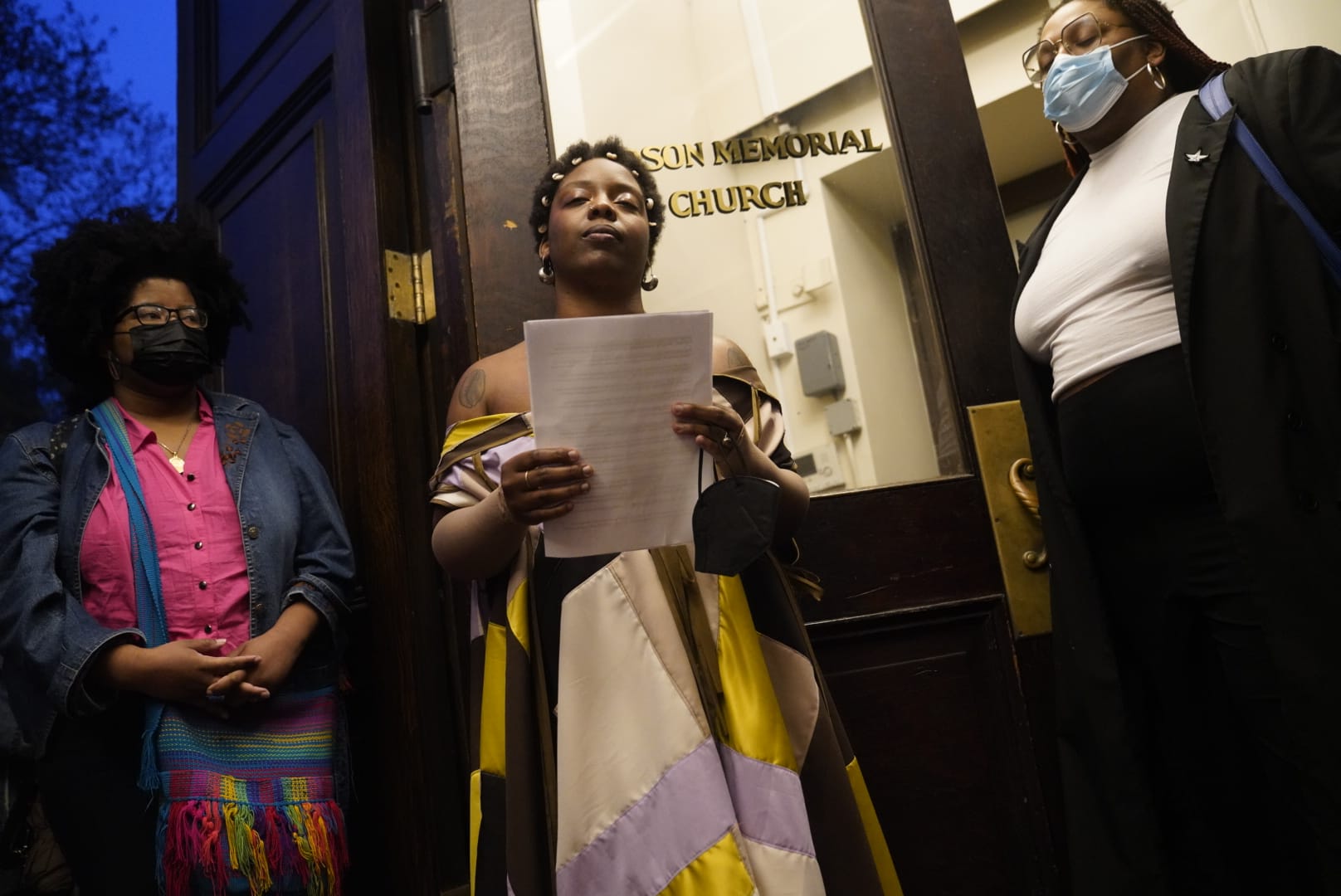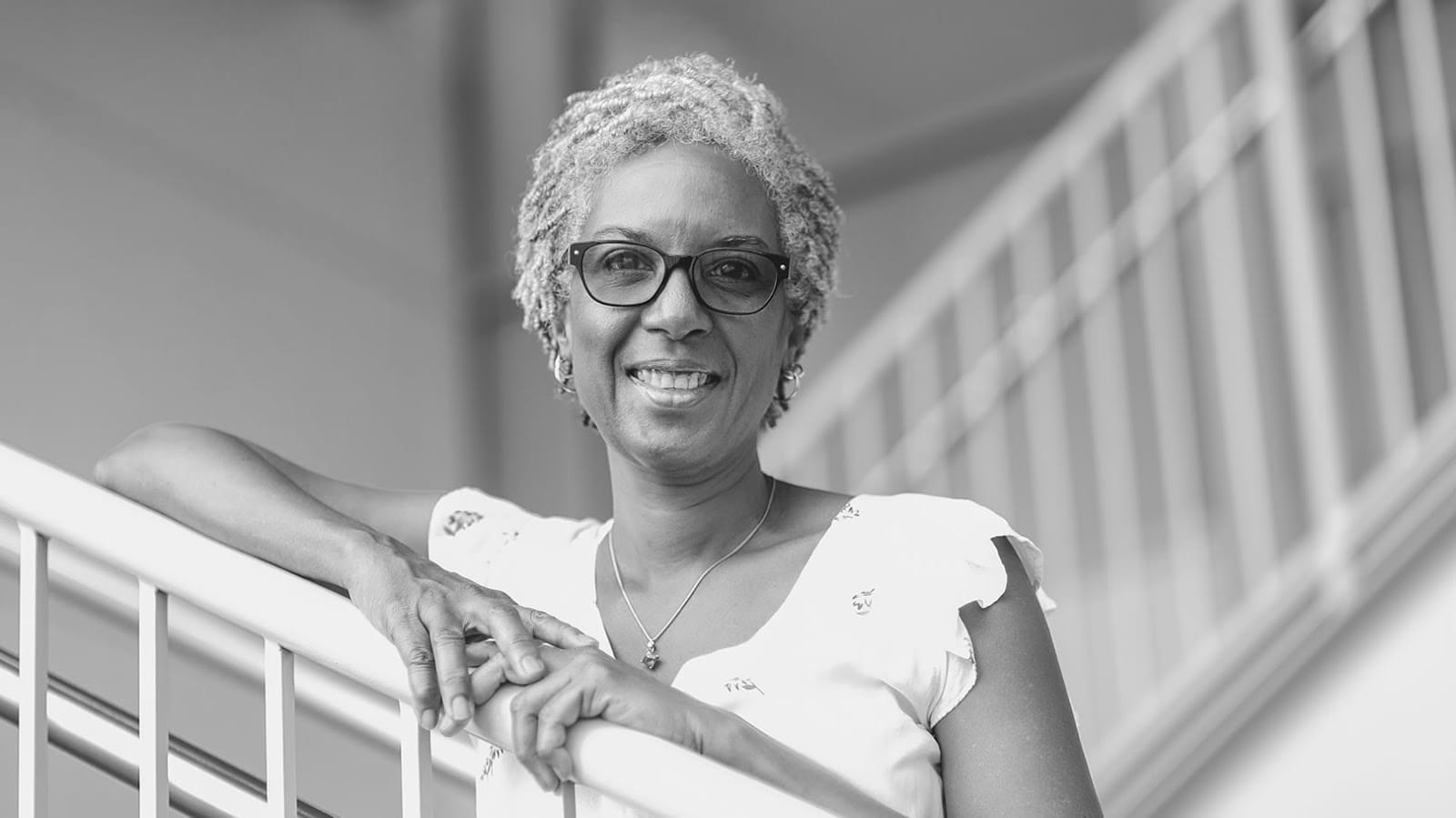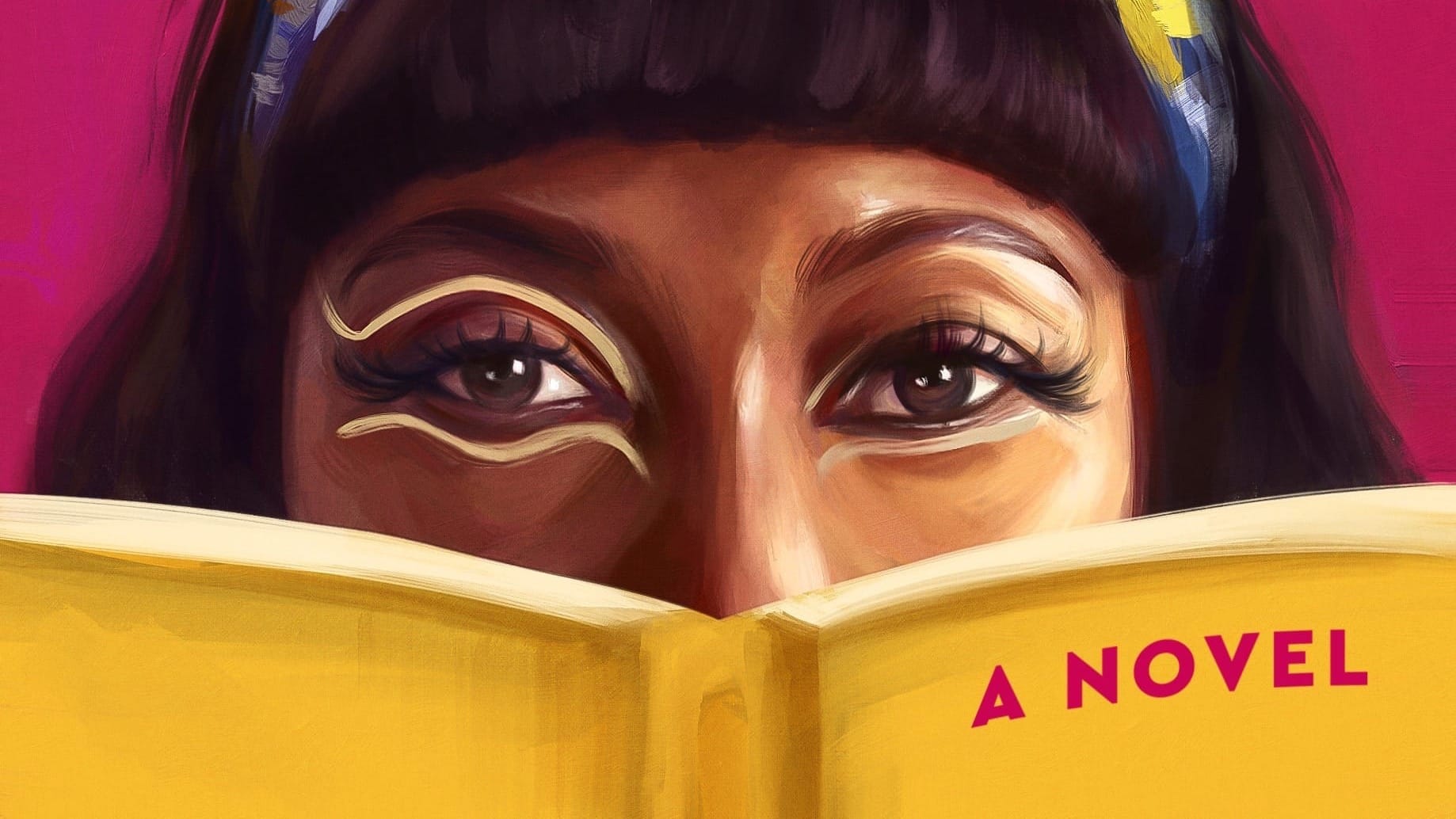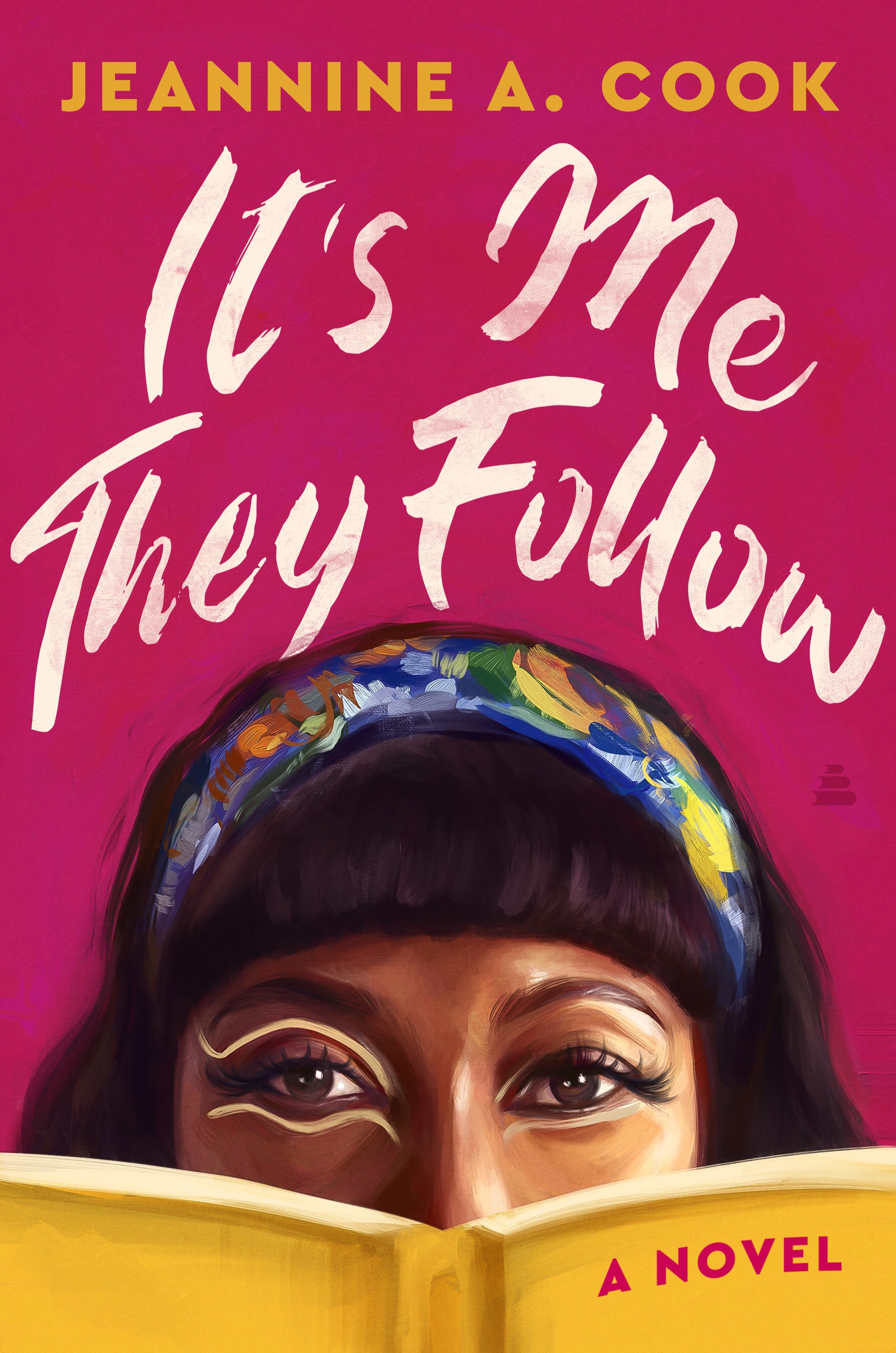The Black Girl Lives On: How Horror Becomes a Portal for Diasporic Storytelling
“Horror allows us to reach into the unknown, to speak on things that often go unspoken,” said Eunice Levis. “For me, it’s about navigating liminal spaces, grief, displacement, magic, through a diasporic lens.”
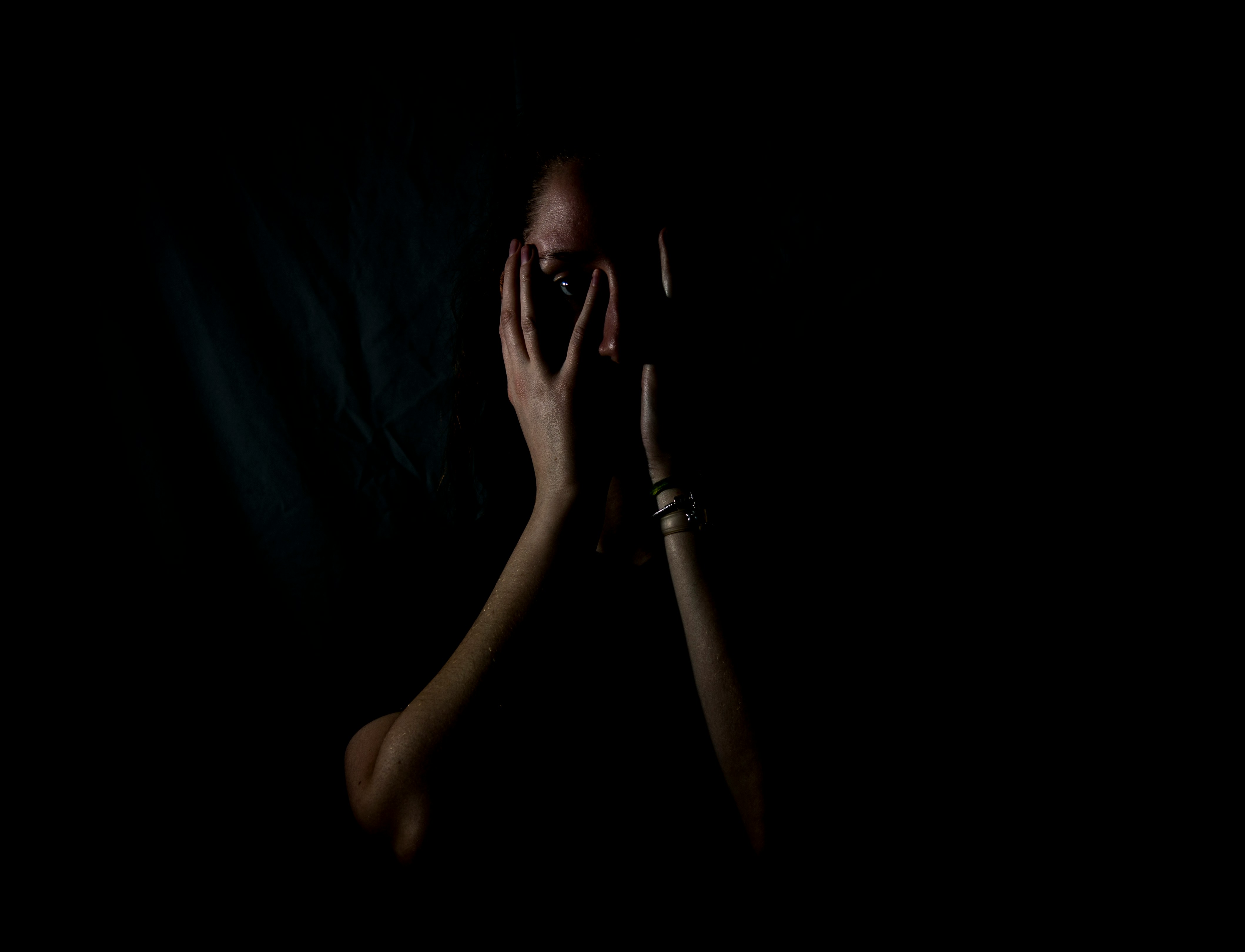
What does horror open up when Black women are behind the camera? What does it preserve? What does it reclaim?
At a recent screening presented by Dusky Projects, Be Reel Black Cinema Club, and the Philadelphia Film Society, four horror shorts by Black women filmmakers cracked open these questions, and didn’t rush to resolve them. Curated under the title The Black Girl Lives: Diasporic Horror Shorts & Drinks, the event unfolded as a celebration of horror’s power to reflect the ancestral, the everyday, and the afterlife of Black diasporic experiences.
Held at the Philadelphia Film Center’s Film Society East location in Old City, the night included a pre-show Black Girl Market that included tarot card readings and homemade smudging materials, the BYOB policy made it feel more like a house party than a typical film screening, and part of a broader movement to make cinema spaces more communal, accessible, and creatively charged.
In front of an audience of over 100, host and Dusky Projects founder Wi Moto Nyoka emphasized the role of horror as a “site of resistance” and as a tool for emotional processing and creative autonomy. Nyoka continued, “I’ve been wanting to create a space for Black women from all over the diaspora to showcase their work in [the] genre, to make a mark of like, we’re here, we’re telling scary stories, and they’re dope.”
The lineup included:
• Affordable Housing directed by Eunice Levis, written and produced by Wi-Moto Nyoka — In a cutthroat rental market, two desperate roommates must fight…to the death, to keep their affordable housing!
• You Were Dead Yesterday by Destiny Cox — At the height of a zombie apocalypse, one family discovers that the outbreak that is destroying their community was a conspiracy led by the federal government.
• Fell Ends by Eunice Levis — A teen running late to meet friends takes a shortcut through the woods despite warnings about La Ciguapa, a forest-dwelling demon.
• Cabbage by Destinee McCaster — On a desolate farm, a couple’s prayers are answered after a visitor offers them a sinister deal. Blinded by their joy, they struggle to realize that what they once desired may lead to their own unraveling.
Each film reflected a different lens of horror, from the folkloric to the futuristic, and each was rooted in the specificity of Black womanhood. Themes of matrilineal trauma, gentrification, migration, and spiritual inheritance pulsed through the stories, asking viewers not only to feel fear but to question its source.
“Horror allows us to reach into the unknown, to speak on things that often go unspoken,” said Eunice Levis. “For me, it’s about navigating liminal spaces, grief, displacement, magic, through a diasporic lens.”
When asked what she hopes the audience would get out of the screening, director Destiny Cox said, “I hope people see themselves in the story. That they relate to the characters, and that it inspires conversations, maybe even teaches something they didn’t know as deeply before.”
After the screening, the filmmakers joined Be Reel Black Cinema Club’s Stephanye Watts for an interactive talkback that underscored just how flexible the genre can be, not only as a mirror for real-world horrors, but as a means of imagining liberation. From haunted real estate listings to ancestral vengeance, each film used genre to carve out space for voices rarely centered in mainstream horror.
As the crowd filtered out into the tepid night, buzzing from jump scares, belly laughs, and heartfelt applause, the evening affirmed what many in the room already knew: when Black women and femmes make horror, they’re not just surviving the genre. They’re transforming it.
